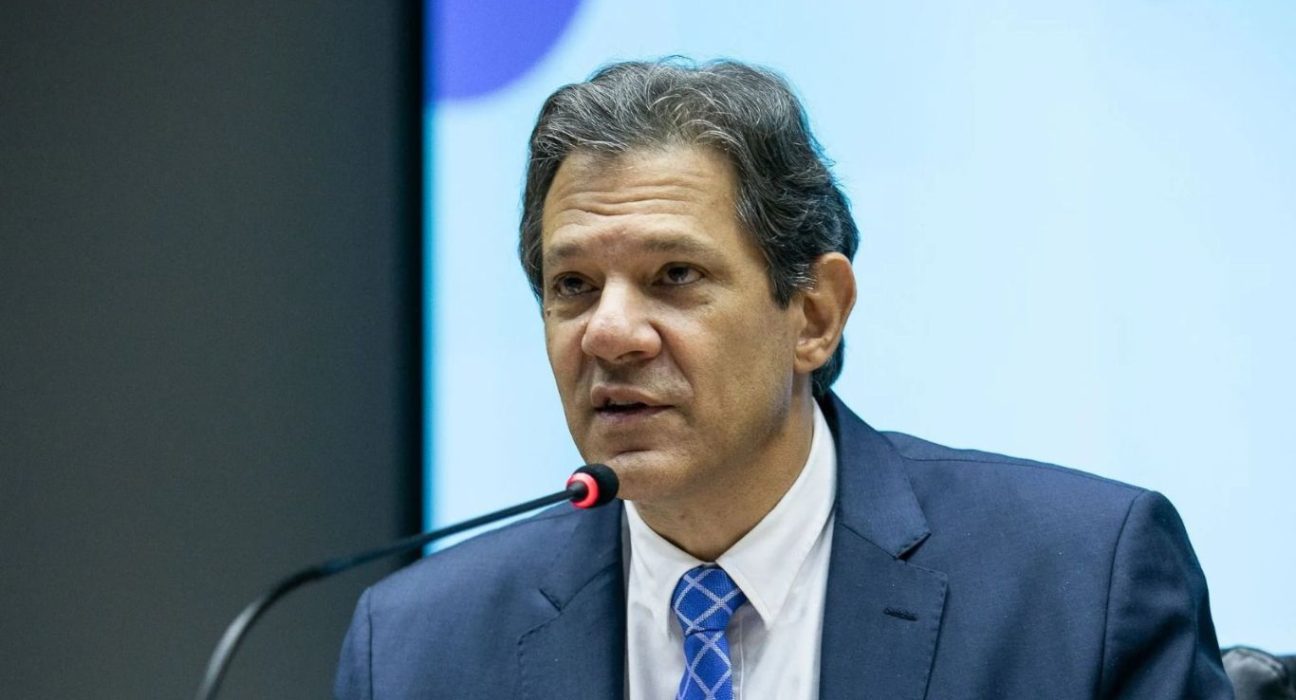Brazil’s Finance Minister, Fernando Haddad, has recently hinted at the possibility of adjusting the timeline for achieving the country’s inflation target. This move comes as the new government assesses its economic priorities and seeks to address the challenges posed by fluctuating market conditions and other external factors. By considering potential adjustments, the government aims to ensure a stable and sustainable economic environment. Let’s delve into the details and implications of this proposal.
The Current Inflation Targets and Tolerance Margin
The Central Bank of Brazil currently maintains an inflation target of 3.25% for the year 2023. Looking ahead, the target decreases to 3% for the years 2024 and 2025. These targets are accompanied by a tolerance margin of 1.5 percentage points, allowing the inflation rate to range between 1.5% and 4.0%. This margin accounts for unexpected economic fluctuations and external influences that may affect the country’s inflation dynamics.
Factors Driving the Timeline Adjustment Proposal
Several factors may have prompted the Finance Minister’s suggestion to adjust the timeline for achieving Brazil’s inflation target. Firstly, the government must consider the impact of global economic conditions on the country’s inflation rate. Fluctuations in commodity prices, exchange rates, and international trade dynamics can all affect Brazil’s domestic inflationary pressures. By adjusting the timeline, the government aims to adapt to these external influences and steer the economy towards stability.
Secondly, domestic factors such as fiscal policies, interest rates, and labor market conditions play a crucial role in shaping inflation dynamics. The Finance Minister’s proposal suggests a recognition of the need to align these factors with the timeline for achieving the inflation target. By doing so, the government aims to create an enabling environment that encourages sustainable economic growth while maintaining price stability.
Implications of Adjusting the Inflation Target Timeline
Adjusting the timeline for achieving Brazil’s inflation targets can have significant implications for various stakeholders. The proposal’s implementation would provide policymakers with greater flexibility to respond to emerging economic challenges promptly. It would enable the government to align its policies more effectively with the prevailing economic conditions, ensuring optimal outcomes for both businesses and consumers.
Furthermore, the adjustment could impact the financial markets. Investors and market participants closely monitor inflation targets as they affect interest rates and investment decisions. A revised timeline would require market participants to reassess their strategies and adapt to the new inflation trajectory. As a result, short-term market volatility may be observed during this transitional phase.
Balancing Economic Growth and Price Stability
The proposal to adjust the timeline for achieving the inflation target highlights the government’s emphasis on striking a delicate balance between economic growth and price stability. While it is crucial to foster economic expansion, it is equally important to manage inflationary pressures to safeguard the purchasing power of the Brazilian population.
The central bank’s mandate to maintain price stability is of paramount importance in this regard. It will need to consider the proposed adjustment’s potential impact on inflation expectations, which can influence consumer behavior and wage negotiations. The bank’s proactive measures, such as managing interest rates and liquidity, will play a critical role in ensuring a smooth transition and maintaining stability throughout the adjustment period.
Consultation and Stakeholder Engagement
As Brazil’s Finance Minister Fernando Haddad suggests adjusting the timeline for achieving the inflation target, it is essential to emphasize the significance of consultation and stakeholder engagement in the decision-making process. The government should involve relevant stakeholders, including economists, market analysts, business representatives, and labor unions, to gather diverse perspectives and insights.
Additionally, transparent communication channels between policymakers and the public are vital to ensure that citizens understand the rationale behind any adjustments to the timeline. By fostering a dialogue and addressing concerns, the government can promote confidence in its economic policies and build a supportive environment for the proposed changes.
Conclusion
The proposal to adjust the timeline for achieving Brazil’s inflation target reflects the government’s commitment to adapt its economic policies in response to evolving market conditions. By considering external and domestic factors, policymakers aim to create a stable economic environment while promoting sustainable growth. The adjustment, if implemented, will require careful coordination between the government, the central bank, and relevant stakeholders to ensure an orderly transition and maintain price stability. By engaging in open dialogue and embracing transparency, the government can foster confidence and support for its economic initiatives, laying the foundation for a resilient and prosperous future.










